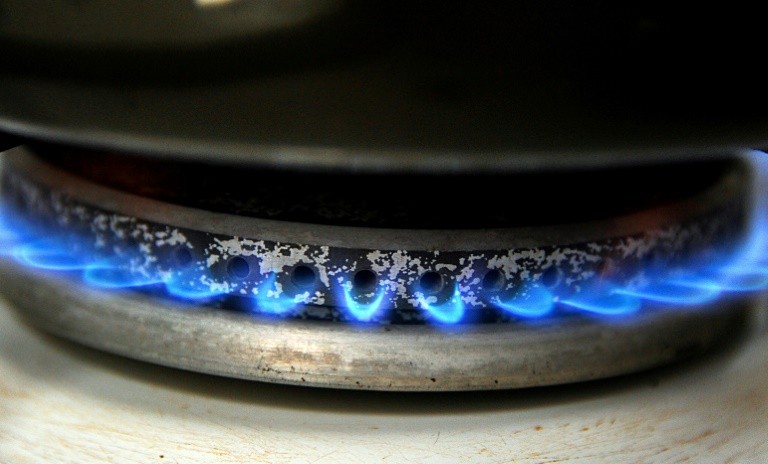Regulated Gas Tariffs will have to Disappear

Applied for more than 70 years, regulated gas tariffs are bound to disappear. This will affect more than 5 million consumers. Details.
The regulated gas tariffs , applied for over 70 years Engie (formerly GDF Suez) , will have to cease to exist in order to comply with European law, a loss that will affect more than 5 million consumers.
Seized by suppliers competing with Engie, the Council of State decided Wednesday, July 19 that the maintenance of these tariffs was “contrary to European Union law” and therefore canceled a decree dating from May 2013 framing the setting of these rates.
Rates often higher
According to the highest administrative court, the maintenance of the regulated tariffs “constitutes an obstacle to the realization of the competitive gas market, without this restriction respecting the conditions which would have made it possible to regard it as admissible under the law of the European Union” .
The Conseil d’État considers, in particular, that “it was no longer possible to rely on an objective of general interest to justify the maintenance” of these tariffs, which are often higher than the prices quoted in the market offer by Engie or his competitors.
He followed the recommendations of the public rapporteur and the opinion of the Court of Justice of the European Union.
The case was brought before the litigation assembly, reserved for cases of “remarkable importance”, according to the own terminology of the administrative jurisdiction.
First stage
In fact, this decision opens a breach in regulated tariffs, in place for more than 70 years in France and long fixed by the state before several reforms in recent years that have made them less dependent on political power.
In the past the state had thus minimized increases to protect the purchasing power of the French.
These tariffs are mainly offered by Engie, but also, at the margin, by local historical gas distributors. Since 2007, consumers have also been able to opt for contract supply contracts, offered both by Engie and its competitors, and often cheaper than regulated tariffs.
Currently, about 47% of residential consumers (individuals and very small professionals) have chosen a free price offer.
This decision is, however, only a first step towards the end of regulated tariffs as they currently exist.
Indeed, the provisions contained in the 2013 decree were incorporated directly into the Energy Code at the end of 2015. Despite the cancellation of the decree, they will remain in force, at least initially, until the The State repeals them, more or less rapidly, to comply with European law.
The Anode, the association of suppliers at the origin of the procedure, can also attack the Energy Code.
Soon electricity?
Seeming to anticipate the decision, the Minister of the Ecological and Solidarity Transition Nicolas Hulot said Tuesday that “at one time or another, it will be necessary to bend” to the “injunctions” of Brussels on the subject of regulated tariffs sales of energy.
“We will obviously make it as painless as possible,” he said in the Senate.
The Council decision opens the door to a similar procedure on regulated electricity tariffs, applied to more than 27 million consumers.
In addition, in its decision, the Council of State closed the door to potential consumer remedies against the tariffs that were applied to them between May 2013 and December 2015, during which period this decree was in force.
It justifies its decision “given the serious uncertainty” it represents “on the past contractual situation of several million consumers and the imperative need to prevent the resulting breach of legal certainty”.
Enjoyed this? Get the week’s top France stories
One email every Sunday. Unsubscribe anytime.


